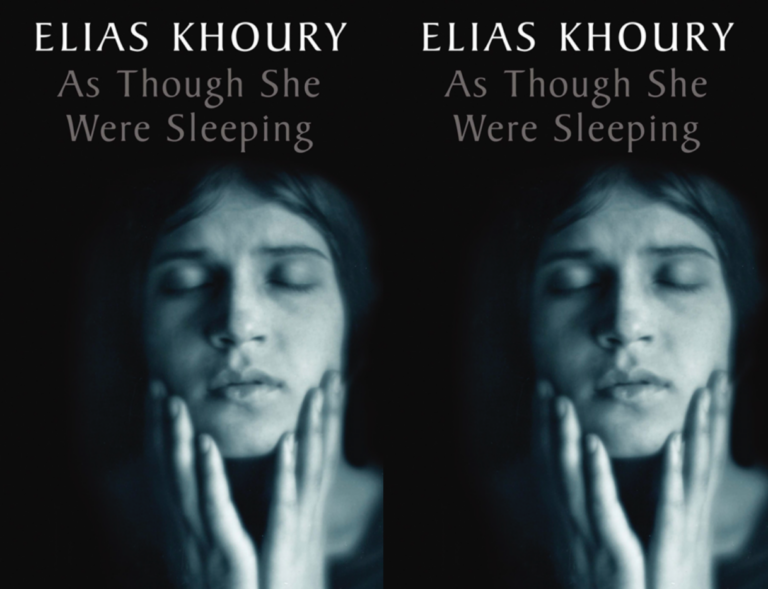Life After Murder
Life After Murder: Five Men in Search of Redemption
Nancy Mullane
PublicAffairs
384 pages
$26.99
American prisons hold over 140,000 lifers. Under the rallying cry “life means life,” parole is rare; some states have eliminated it. Graphed, the number of lifers over the past three decades looks like a steep mountain ascent, no cliff in sight. But this single-mindedness has brought problems: widespread overcrowding, skyrocketing prison costs in an age of widespread budgetary crisis, and the moral appropriateness question. Do all lifers deserve a life sentence?
NPR reporter Nancy Mullane’s powerful first book, Life After Murder: Five Men in Search of Redemption, is billed as an investigation into this last question. “The reason I’ve never met a murderer before,” Mullane observes, “is that they are locked-away invisible.” To rectify that, she profiles men serving life sentences for murder who are soon to be paroled, becoming living examples of what we as a society have turned away from these past few decades.
Despite the title, Life After Murder is not an examination of the emotional impact of having killed; the span of a whole life told necessarily dwarfs any one act, no matter how horrible. And two of the men are not murderers in the sense of having killed, but rather men convicted of murder under the law. One crashed a getaway car; when his friend died in the crash, the felony murder rule turned vehicular manslaughter into murder, and a grieving man into a murderer. What unites and defines the men Mullane profiles are the decades they have served in confinement.
Best to mentally rename Mullane’s book what it really is, then: not an investigation of Life After Murder, but of life after life, what happens when what Mullane calls “the long, unexpected night of incarceration” ends and the men begin their Rip Van Winklian awakenings. They struggle to adapt to new social norms and technologies, to avoid loved ones embroiled in crime or drug use, to get jobs despite twenty-year gaps in employment history. Mullane’s reportorial skill yields additional insights: the men have been cut off from life for so long that released they live and love at a different intensity, and with a different hunger, than everyone else. Their desire for life can itself become isolating.
But throughout we see that the men in this book are not the same men at forty or fifty as they were as twenty year-olds. We see that, just like each of us, they continue to change and grow—life itself affords them no other option. By demanding sentences of life without parole we preclude ourselves from considering that change, and at great cost. Last week, the Supreme Court acknowledged as much and barred mandatory life sentences for juveniles convicted of murder. This is an important step, but must not be the end. Why do we work so hard to forget that a person who has killed is still a person?


